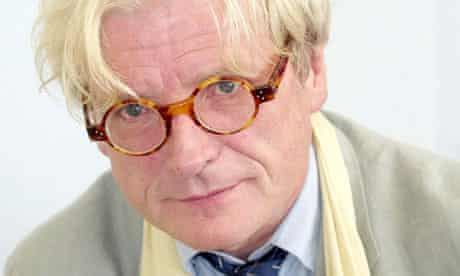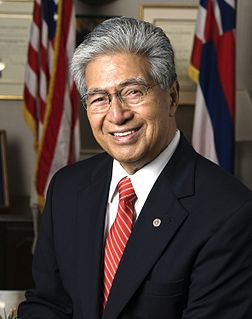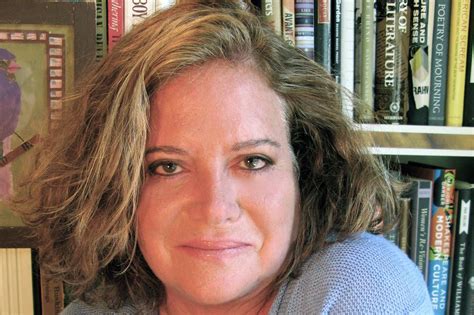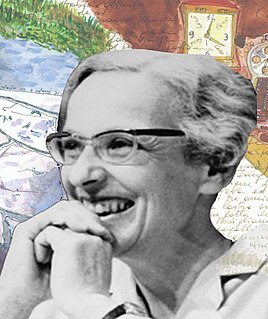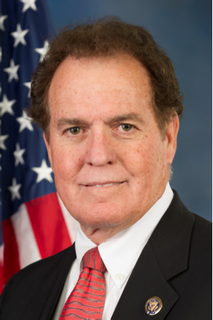A Quote by Simone Weil
The poison of skepticism becomes, like alcoholism, tuberculosis, and some other diseases, much more virulent in a hitherto virgin soil.
Quote Topics
Related Quotes
Unkindness to anything means an injustice to that thing. If I am unkind to you I do you an injustice, or wrong you in some way. On the other hand, if I try to assist you in every way that I can to make a better citizen and in every way to do my very best for you, I am kind to you. The above principles apply with equal force to the soil. The farmer whose soil produces less every year, is unkind to it in some way; that is, he is not doing by it what he should; he is robbing it of some substance it must have, and he becomes, therefore, a soil robber rather than a progressive farmer.
When one admits that nothing is certain one must, I think, also admit that some things are much more nearly certain than others. It is much more nearly certain that we are assembled here tonight than it is that this or that political party is in the right. Certainly there are degrees of certainty, and one should be very careful to emphasize that fact, because otherwise one is landed in an utter skepticism, and complete skepticism would, of course, be totally barren and completely useless.
How much simpler it would be all around if you could put your mind in a cast, like a broken ankle, and elicit murmurings of sympathy from other people instead of skepticism (“You can’t really be feeling as bad as all that”) and in some cases outright hostility (“Maybe if you stopped thinking about yourself so much ”).
One of the most wicked destructive forces, psychologically speaking, is unused creative power ... If someone has a creative gift and out of laziness, or for some other reason, doesn't use it, the psychic energy turns to sheer poison. That's why we often diagnose neuroses and psychotic diseases as not-lived higher possibilities.
I wondered why it had to be so poisonous. Oleanders could live through anything, they could stand heat, drought, neglect, and put out thousands of waxy blooms. So what did they need poison for? Couldn't they just be bitter? They weren't like rattlesnakes, they didn't even eat what they killed. The way she boiled it down, distilled it, like her hatred. Maybe it was a poison in the soil, something about L.A., the hatred, the callousness, something we didn't want to think about, that the plant concentrated in its tissues. Maybe it wasn't a source of poison, but just another victim.
Slavery may, perhaps, be best compared to the infantile disease of measles; a complaint which so commonly attacks the young of humanity in their infancy, and when gone through at that period leaves behind it so few fatal marks; but which when it normally attacks the fully developed adult becomes one of the most virulent and toxic of diseases, often permanently poisoning the constitution where it does not end in death.
war with poison and chemicals was not so rare in the ancient world ... An astounding panoply of toxic substances, venomous creatures, poison plants, animals and insects, deleterious environments, virulent pathogens, infectious agents, noxious gases, and combustible chemicals were marshalled to defeat foes - and panoply is an apt term here, because it is the ancient Greek word for 'all weapons.
When I go beyond a certain range it's outside of my direct horizon therefore I've got to rely on the writings and personal communications given to me by other people that I know.... I've got to try to piece together some tentative information picture of what the whole thing is like, but I'm aware that it becomes more and more speculative as it becomes more and more second, third, fourth hand. And this applies to absolutely everyone.



